|
Next week I'll be presenting work from my current book project at King's College London as part of their research seminar series.
Find the abstract for my talk, below: The Way to Blockbuster: The Birth of the British Video Superstore Since the new millennium, a number of academic works have emerged about the infancy of video’s ‘tangible phase’ in North America (Wasser 2001; Greenberg 2008; Herbert 2014; Newman 2014). However, very little has been written about video’s early days in Britain beyond the controversy surrounding 39 exploitation films that were banned as ‘video nasties.’ This focus has partly been due to the fact that histories of video technology in the UK have mostly emerged from horror film fan communities, whose members have striven to emphasise the ‘subcultural relevance’ of horror video and the dealers that allegedly traded in them (Egan 2007). The emphasis placed in these discussions on ‘outlaw’ cassettes and retailers has meant that more anodyne elements of the British video industry have gone unscrutinised. This presentation looks to redress the balance by considering the mainstreaming of video in Britain, historicizing the birth of ‘video superstores’ in the latter half of the 1980s. During this period, negative media coverage of video nasties ran concurrent with an industry-wide decline in video rentals; the blame for which was typically put at the foot of so-called ‘cowboy’ retailers unable to sustain the levels of professionalism acquired to keep business buoyant. And while trade publications and industry bodies initially fought back against the press, they too eventually found themselves calling for the rental business to ‘clean up its image’ in a bid to win back customers. For some in the industry, this meant moving away from the image of video as a business operated out of seedy shops in provincial towns, towards something far more streamlined and corporate. To show how these aims were met, I will reflect on foundational business practices such as rack-leasing, examine trade initiatives such as Video Business magazine’s ‘Superstore 88’ campaign, and briefly reflect on the expansion of British chain stores such as Ritz Video, Azad Video and Hollywood Nites.
0 Comments
This Friday I'll be delivering a keynote lecture at Exploitation Cinema in the 21st Century -- an awesome symposium organised by Dr James Newton at Canterbury Christ Church University. Find the amazing poster, and the equally amazing schedule, below. I can't wait! Symposium Schedule 09.00 – 09.30 Registration and Tea/Coffee Welcome: James Newton 09.30 – 10.30 Panel One: Waves and Cycles
10.30 – 10.35 Short Break 10.35 – 11.35 Panel Two: Exploitation Business and Industry
11.35 – 12.00 Tea Break 12.00 – 13.00 Panel Three: Violence, Sexual Transgression, and Exploitation
13.00 – 14.00 Lunch 14.00 – 15.15 Panel Four: Wider Contexts of Exploitation
15.15 – 15.30 Break 15.30 – 16.45 Panel Five: International Exploitation Cinema
16.45 – 17.00 Break 17.00 – 18.00 Keynote:
18.00 Drinks reception. On 9 June I will be delivering a keynote lecture at "Exploitation Cinema in the 21st Century", a day symposium organised by Dr James Newton. My talk will consider "direct to video" horror movies in the early 2000s. Find my abstract below. 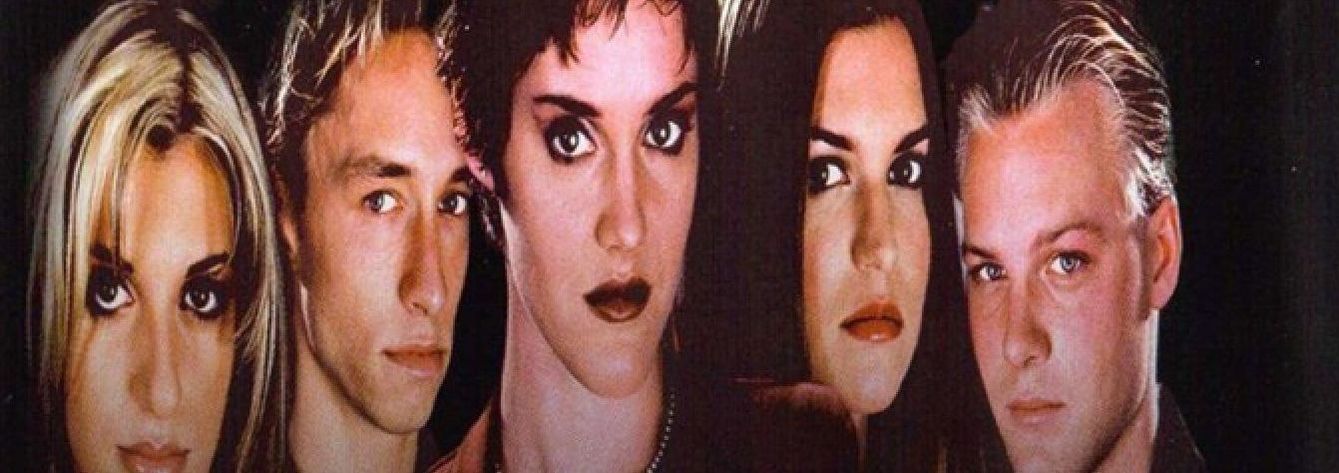 Easy-to-make money machines: making and marketing exploitation films in the early 2000s This talk will examine direct-to-video (DTV) horror movies at the turn of the new millennium, addressing the production contexts and marketing strategies of numerous films released just as video’s “tangible phase” was beginning to wane (Herbert 2014). I will consider various North American DTV cycles which emerged in the wake of Scream (1996), I Know What You Did Last Summer (1997) and The Blair Witch Project (1999), and discuss how such films were marketed to consumers. Key to the visibility of DTV horror during this period, I maintain, is the mainstream video chain Blockbuster, which sharply became a key access point for audiences of contemporary exploitation films at the beginning of the DVD age. The talk will show how Blockbuster’s movie acquisitions company, DEJ Productions, was, for a short while, a threat to DTV market-leaders Artisan and Lions Gate, both of which relied on the rental chain to stock their “B-level” fare (Perren 2013: 110). Through acknowledging the rise in popularity of DTV horror movies since the 1980s, this paper maintains that DTV films such as Scream Bloody Murder (2000), I’ve Been Watching You (2001), Voyeur.com (2001), Do You Wanna Know a Secret? (2001) and Final Scream (2001) complicate how contemporary exploitation movies are so often—and, in my view, so wrongly—framed as retroactive “cult objects” above all else, and that Blockbuster—in spite of its traditional “family” image—facilitated the widespread distribution of new, low budget, horror films aimed at mainstream audiences. I will argue that these films’ tangibility, as VHS cassettes and DVDs on shelves in video stores through North America and the UK, was central to their market visibility. Last November I delivered a keynote lecture to the delegates at "Spectacular Now", an excellent conference which took place at the Technical University of Dortmund in Germany.
Recently I was sent some photos of my presentation by one of the organisers, Dr Mark Schmitt. Thanks for the memories guys! 3/23/2017 Joining roundtable plenary at Transnational Monstrosity in Popular Culture, York St John University, 3 June 2017Read NowI will be participating in a roundtable discussion that will close the forthcoming Transnational Monstrosity in Popular Culture event at York St John University on 3rd June.
From the official website:
My fellow panellists comprise: Dr Colette Balmain (Kingston University), Dr Donna McCormack (University of Surrey) and Professor Andrew Smith (University of Sheffield). The full programme can be accessed here. |
Details
Archives
October 2021
Categories |
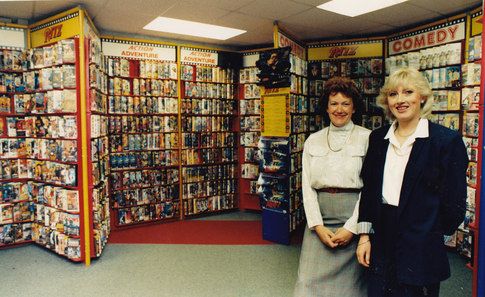
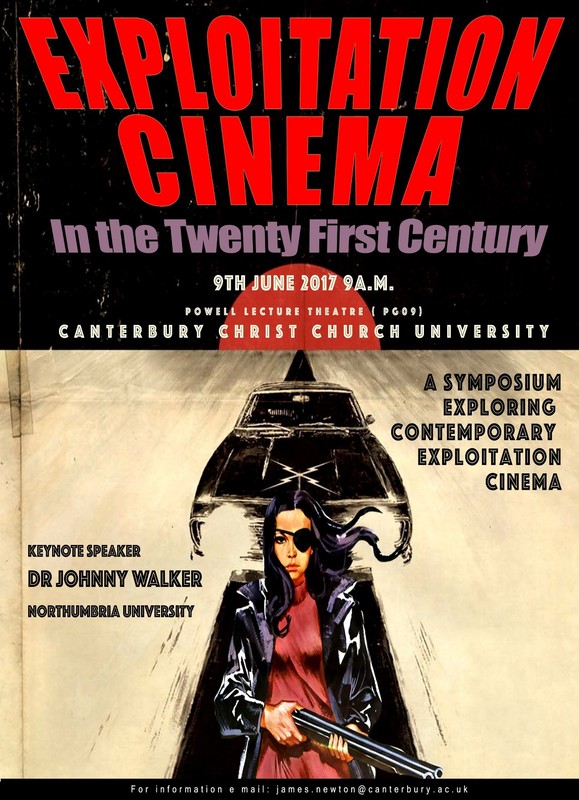
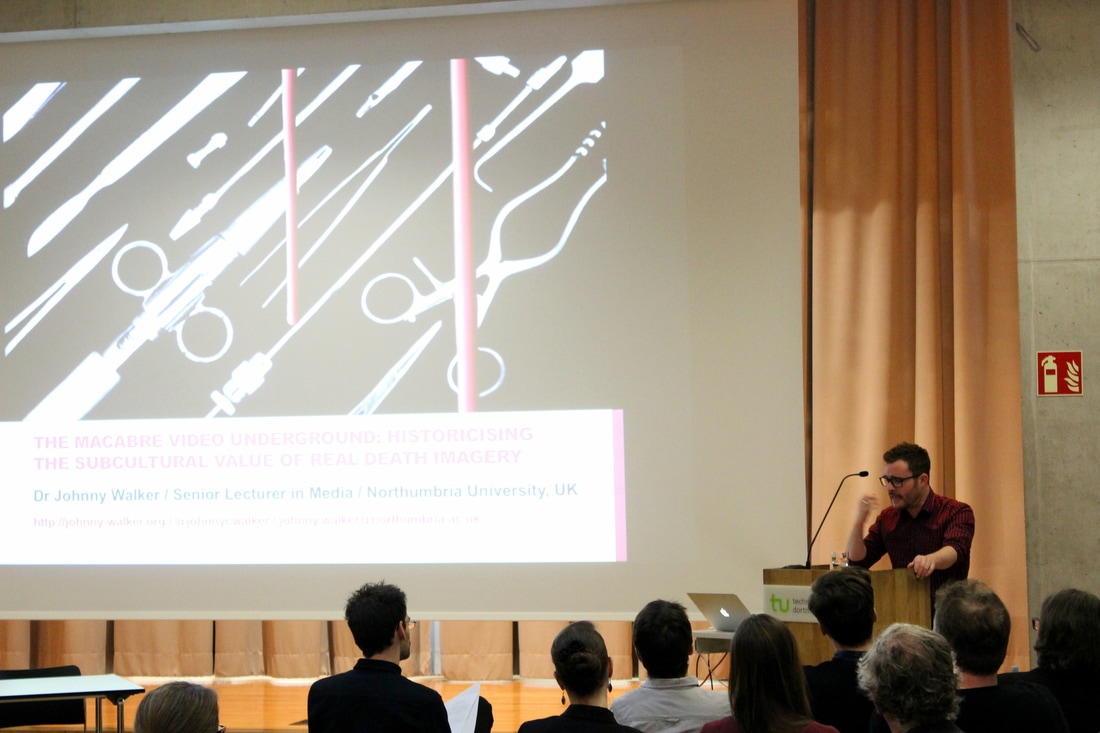
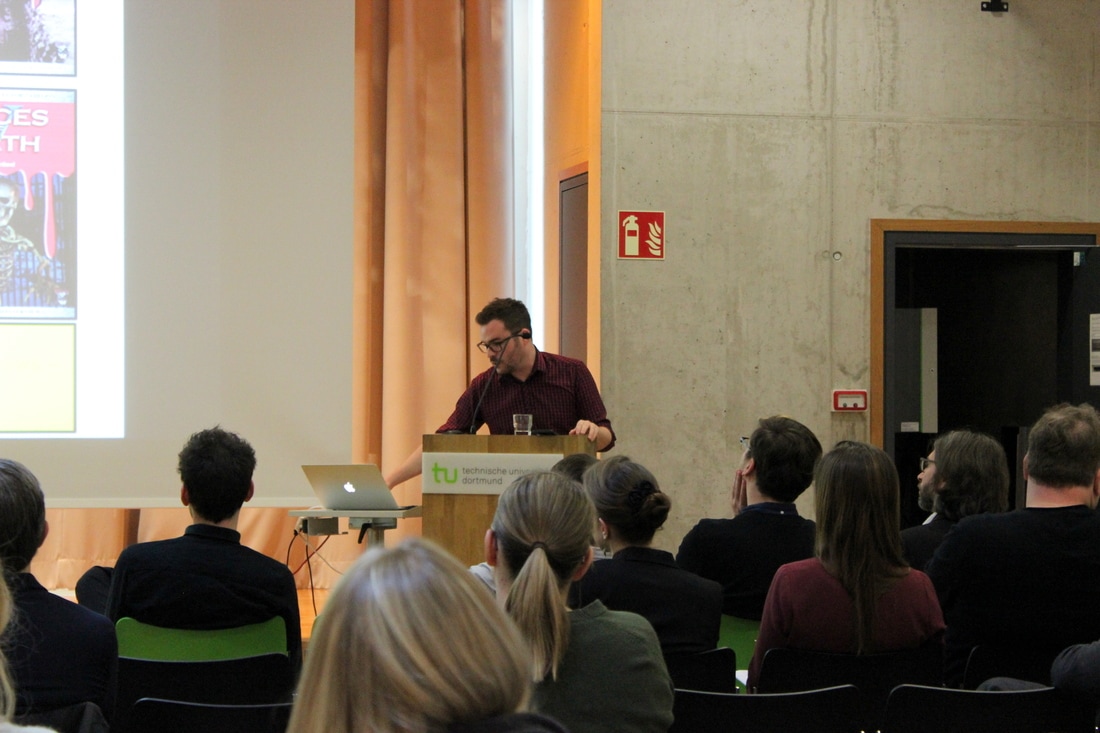
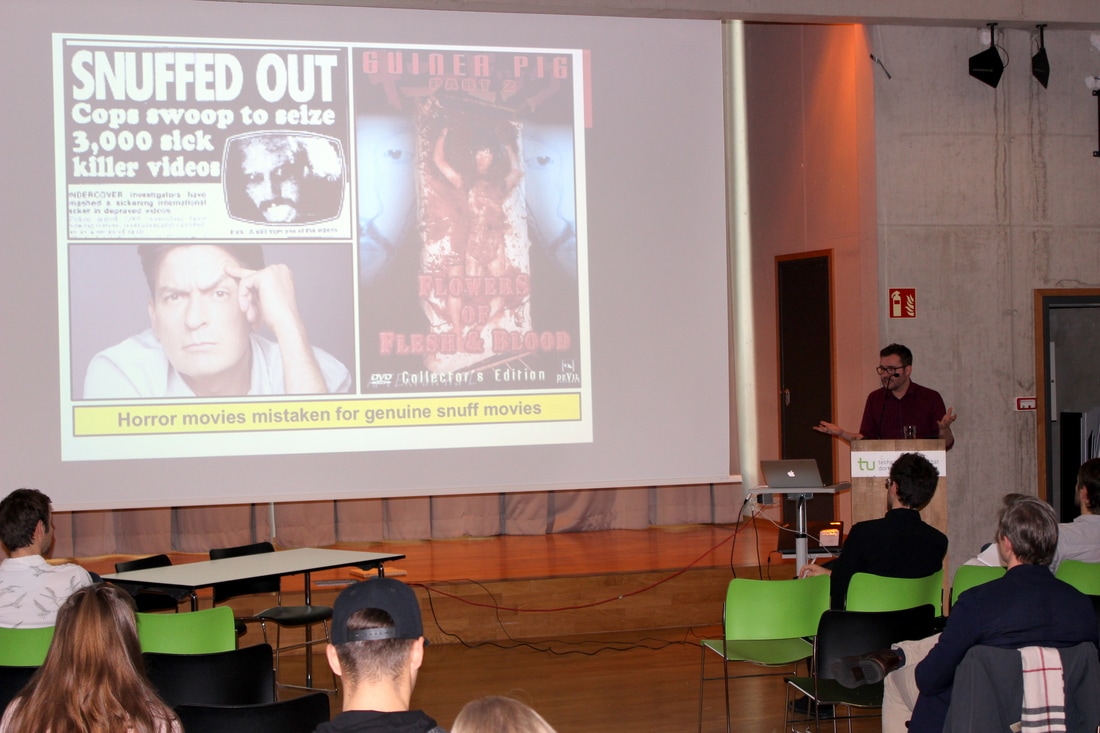
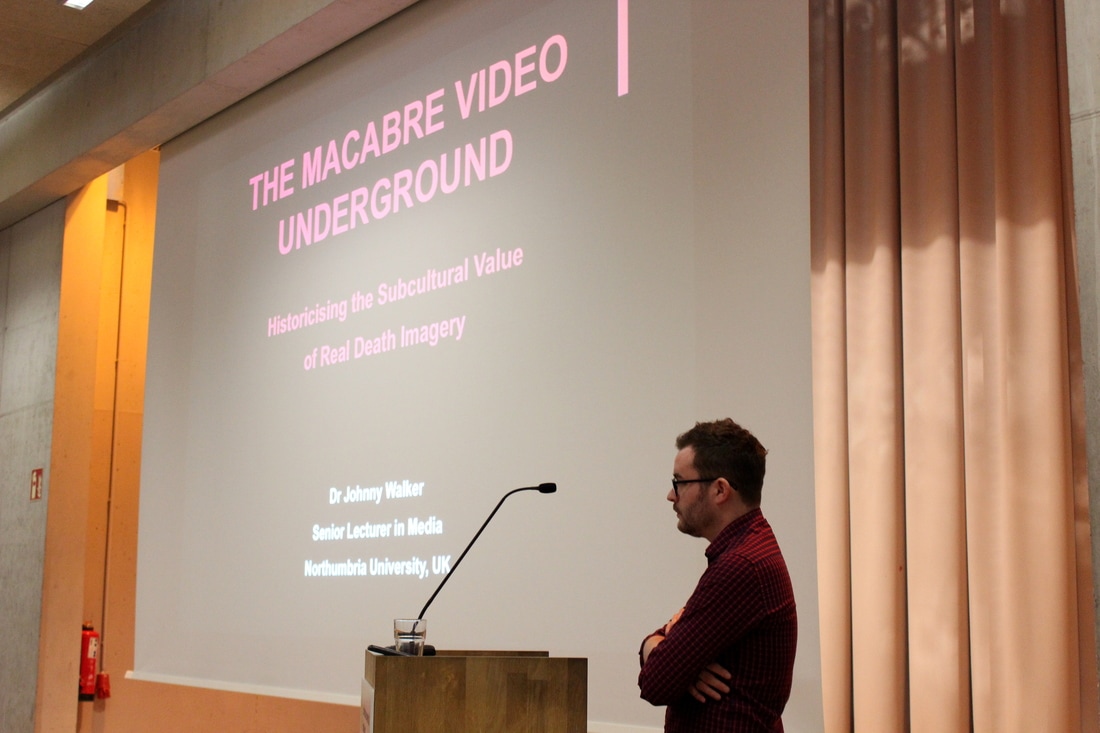
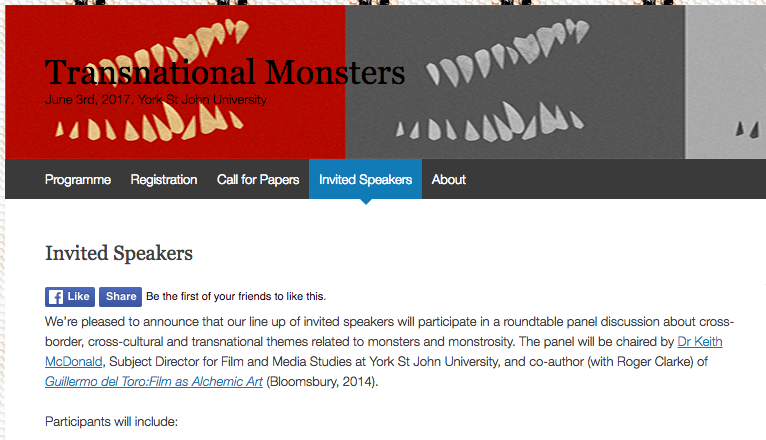
 RSS Feed
RSS Feed
